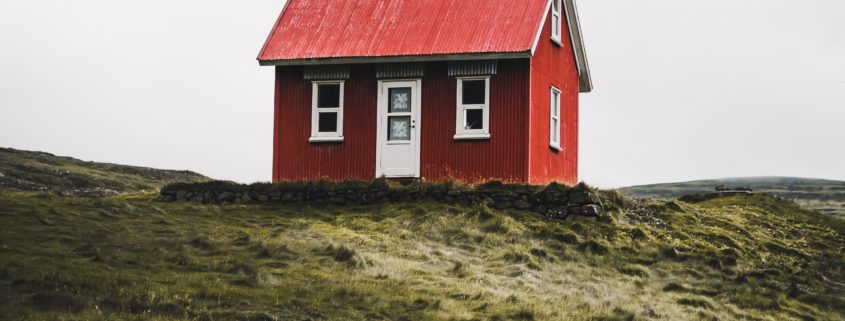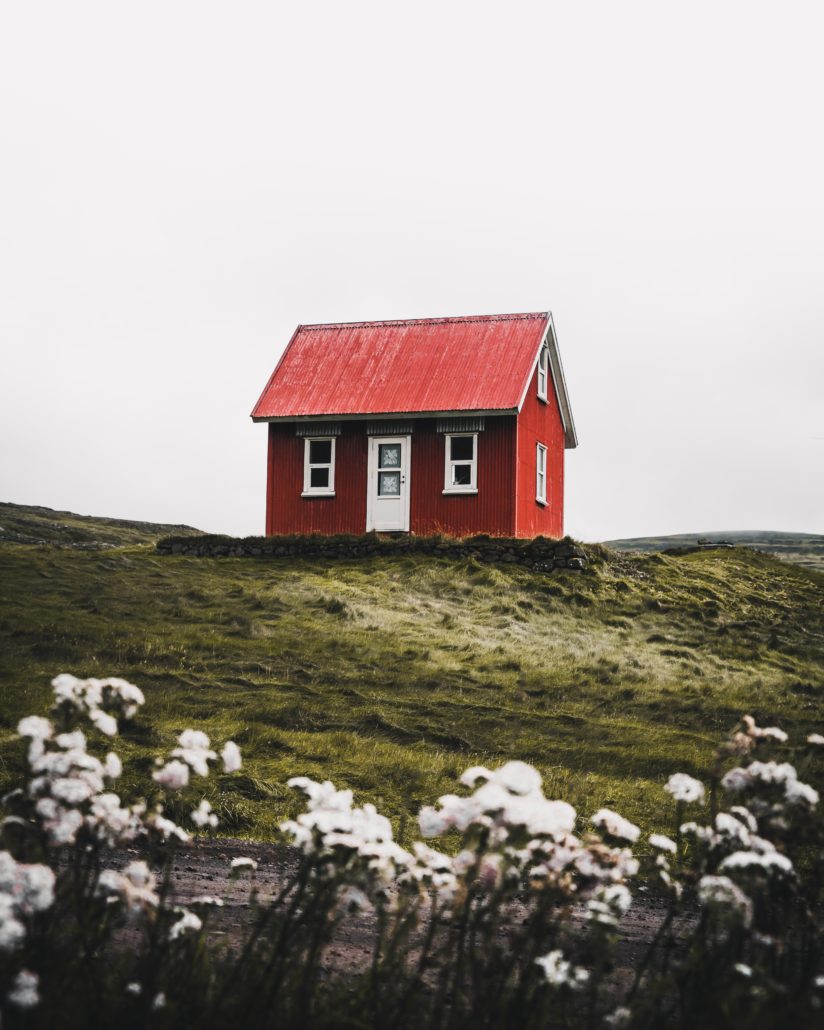12 Tips for Homesharing Hosts to Mitigate Risk
The benefits of homesharing extend to both the visitor and the homeowner. Most of the risk, however, lay at the feet of the host.
Homesharing and long-term rentals have become incredibly popular both as renters as well as hosts.
Offering your home up for rent through web-based homesharing platforms allows the unique opportunity to rent out an entire home, a basement suite, or even a spare bedroom. It’s a way to quickly and easily connect rentals with a huge pool of prospective renters while making payment collection simple, reliable, and secure.
For those travelling, these rentals can be incredibly affordable and a wonderful way to experience a locale as opposed to simply booking a hotel room.
While convenient for both parties, and the potential for profit making it so worthwhile for the homeowner, these platforms are not without risks. Before taking the leap and listing your home, room, or suite on any web-based home sharing site, give yourself a better sense of peace of mind, by remembering the following hints:
Not surprisingly, the First Tip is to ensure you’ve Purchased the Appropriate Insurance to be a Homesharing or Longterm Rental Host
Thoroughly review your homeowner’s policy to make sure your home and belongings are properly covered. Have questions? Talk to us: 1-800-663-4200
Thoroughly Screen your Guests
Before you commit to a guest or take any deposits, it’s important to thoroughly check their background. See if they have a history with the platform, ensuring they’ve been verified, and read through any reviews they may have.
Don’t feel shy about going through prospective renters’ social media, either. What they’re posting online will give you a good idea as to how they might be inclined to behave.
Listen to your gut! Chances are you’ll get a good feel for prospective guests simply in the early exchanges you have.
Establish Clear and Concise Rules
Any platform you choose will allow you to set the guidelines or House Rules right there on the unit’s profile. This is important to have laid out in black & white in the event of any issues or controversy.
Set Limits on Occupancy
The more people staying in your rental unit, the more opportunity for accidents, mishaps, or worse. These limits also help ensure that guests are comfortable and safe for the duration of their stay. Occupancy limits should take into account the size of the property and local regulations.
Consider Child-proofing
Unless you’ve identified that children are not welcome in your rental, it’s likely that at some point families with young children will be your guests. Protect your young guests and take the time to take child-proofing measures, such as electrical outlet covers, to keep youngsters safe.
Set a Security Deposit
A mandatory security deposit not only minimizes the potential financial impact of damaged property but also helps identify the commitment of the prospective guest.
Provide Emergency Contact Information and a First Aid Kit
A first aid kit should be readily available and fully stocked. Always.
In addition, always supply your guests with information sheets that indicate local emergency numbers and the nearest hospital. Provide a clear emergency contact number for yourself, as well as backup, for easy guest reference. Also, make clear how you should be contacted if the guest has questions or issues arise.
Notify Neighbours & Others who may be Impacted by your Guests
With renters in your home, the potential for interaction with your neighbours or roommates. To avoid unnecessary conflict, let your neighbours or roommates know in advance that guests will be staying in your property.
Secure your Valuables & Protect Any Sensitive Information
Regardless the steps you may have taken to mitigate risks, when you open your home, or a portion thereof, to guests, there’s always the possibility of accidents, mishaps, damage, and even theft. To protect your valuables and expensive items move them to a secure location, ideally off-site.
In this Internet era, there are other not insignificant concerns as you consider renting your property. Identity theft has become a growing concern and it’s important that guests are not able to gain access to paperwork, files, or any other documents (physical or digital) that contain sensitive personal information.
Install Smoke & Carbon Monoxide Detectors
These safety detectors are a MUST! They serve to protect not only your guests but also your property. In a similar vein, emergency exits should be clearly identified as well.
Complete a home safety inspection
Safety inspections are important in addressing risks before they expand into bigger, more pressing issues. Before listing your property, be sure to complete a thorough home inspection and address any and all of the issues as they are identified.
Keep your accommodations well maintained
Take care of all possible maintenance, repairs, or housekeeping issues as they arise. This can help avoid common injuries such as slips and falls for your guest. Prior to each new renter, examine your rental unit for any new housekeeping or maintenance issues that should be addressed.


